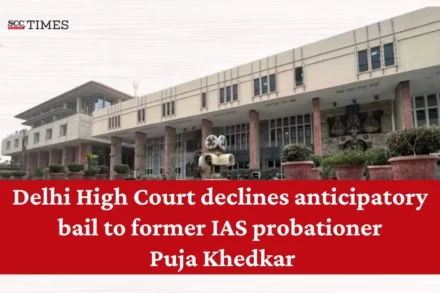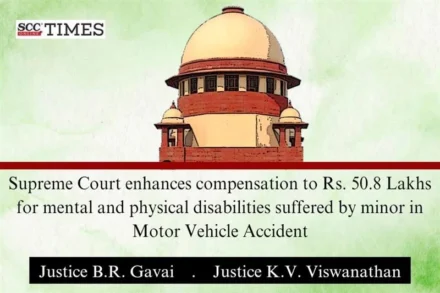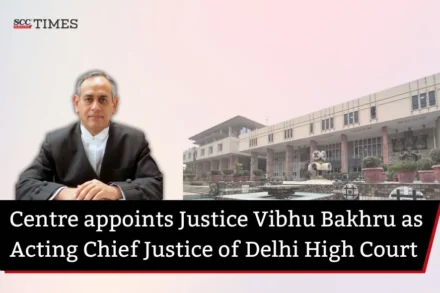
Delhi HC grants ad interim injunction in favour of Novex Communications to restrain ‘Romeo Lane’ owner from infringing copyrights in sound recordings
The Court restrained all premises of Being FS Pacific Hospitality Pvt. Ltd. including ‘Birch by Romeo Lane’ from playing or using the sound recordings of Novex Communications Pvt. Ltd.





